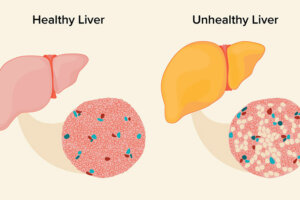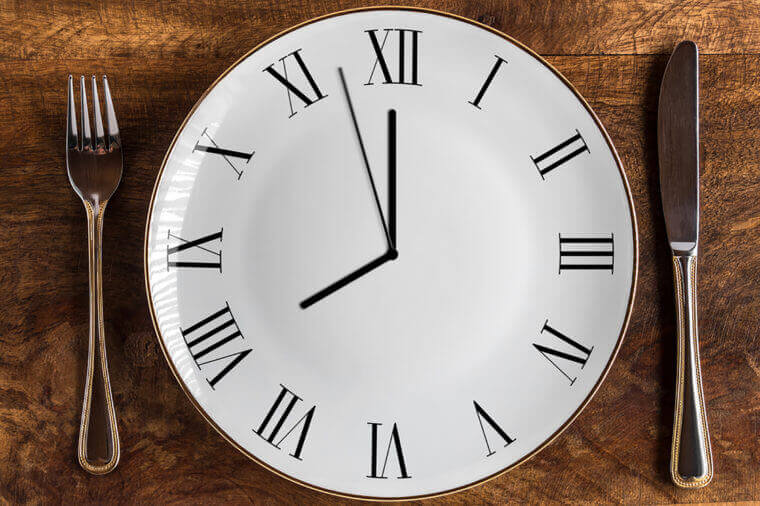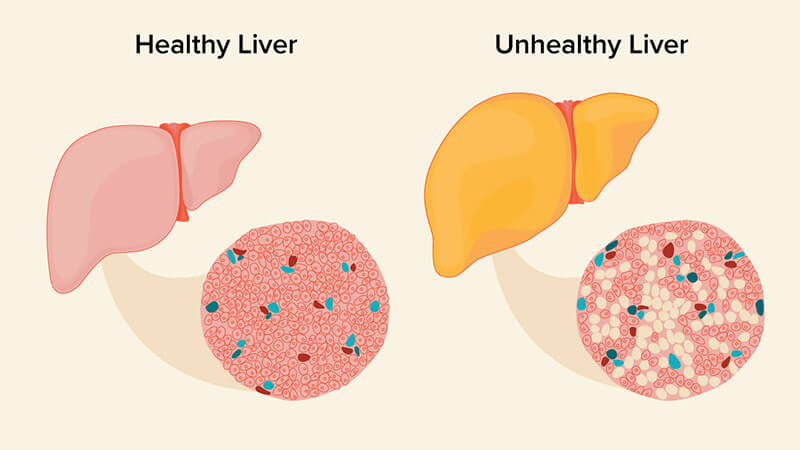The gluten-free living fad seems to be everywhere, but for some people, it’s more than a lifestyle choice. Those with celiac disease and non-celiac gluten sensitivity can become ill after consuming products with gluten.
Gluten is in wheat flour-based products like bread, cake, doughnuts, and other baked goods. You can also find it lurking in some soups, sauces, and fried foods.
Could gluten be making you sick? These are 12 signs of gluten sensitivity that should inspire you to visit your doctor.
1. You often have excess gas.
Gas can be painful, unpleasant, and embarrassing. Everyone gets gas once in a while, but it could indicate a problem if yours seems unusually persistent. Gluten sensitivity can cause extreme gas and flatulation with a strong smell.
2. You have pain in your stomach.
People who cannot easily digest gluten will often complain of sharp abdominal pain after eating. If you experience cramping or stomach pain, gluten could be the culprit.
3. You have unexplained skin rashes.
Gluten intolerance often shows up in the form of skin problems. Persistent eczema or red, itchy skin can be a symptom. People with celiac may also develop a rash that looks like small, fluid-filled blisters.
4. You feel dizzy when you stand.
Some people who have a problem with gluten have reported dizzy spells or even vertigo. There is no known reason for this, but many patients say that the symptom disappears when they stop eating gluten.
5. You often get headaches or migraines.
Specific foods can often trigger migraines, and gluten can be one of these triggers. Many people who are sensitive to gluten or who have celiac experience painful, pounding headaches after consuming gluten. If you suffer from chronic headaches, it makes sense to see if gluten could be contributing.
6. You have diarrhea almost daily.
Digestive problems are a symptom noticed by many people with gluten sensitivity. That often takes the form of sudden diarrhea, and it may happen every day or even after every meal. Loose, oily bowel movements can be a sign of celiac disease.
7. You are anemic.
Celiac disease robs your body of vital nutrients from food, and this can lead to deficits that make you weak and sick. Anemia is your body’s response to a lack of iron. If you are eating enough iron or taking supplements but remain anemic, gluten may be blocking your iron digestion.
8. You have inflamed, painful joints.
Gluten causes inflammation in many people, and inflamed joints are often quite painful. Some people notice significant relief from joint pain and arthritis after cutting out gluten.
9. You can’t think clearly.
A foggy brain is a common symptom of gluten sensitivity. People say that they are forgetful, lack mental focus and cannot think straight. Many people with celiac disease find that this symptom disappears when they stop eating gluten.
10. You have unexplained infertility.
There are many causes of infertility, and some can never be known. However, sensitivity to gluten can contribute to an inability to become pregnant. That may be because of nutritional deficiencies. Gluten sensitivity also has been linked to PCOS, PID, and a low sperm count. All of these are relatively common reasons for infertility.
11. You struggle with depression.
It is common to have depression when you cannot properly digest gluten. That may be because gluten can create an imbalance of certain chemicals in the brain. It may also be related to bacterial levels in the gut. You may find that your mood improves without gluten.
12. You are tired all the time.
Fatigue is one of the most significant problems for people who cannot handle gluten, probably because of a combination of issues that gluten can cause in the body. A lack of nutrients, depression, anemia, and a lack of nutrients are all enemies of energy. People who stop eating gluten often report that they feel more rested.
Of course, not everyone who experiences these symptoms is sensitive to gluten. However, if you do have any of these problems, it makes sense to cut gluten from your diet for about two weeks to see if things improve.
If cutting out gluten does make a difference, your doctor can run tests to tell you if you have celiac disease or are merely sensitive to products containing gluten. A gluten-free diet is not for everyone, but you might just be one of the people who find it life-changing.














